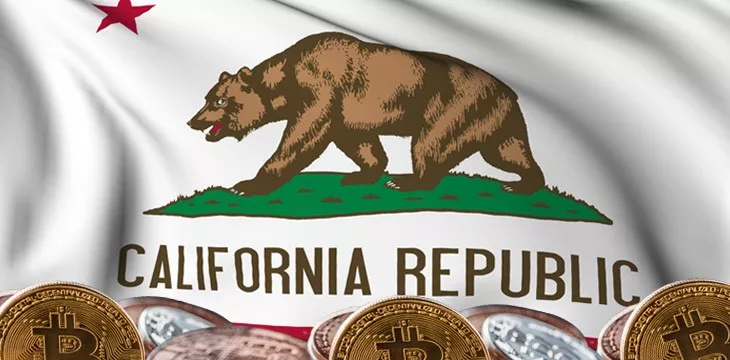|
Getting your Trinity Audio player ready...
|
Regulators in the United States are working double-time to roll out rules for digital currency donations to political campaigns as the election season looms.
The latest effort comes from the California Fair Political Practices Commission (FPPC) following an update to its campaign disclosure manuals. The revision of existing rules is designed to bring local disclosure requirements in line with new legislative guidelines.
Per the latest update, the FPPC’s new disclosure rules impose new contribution limits, regulations for corporate entities, and behested payments. However, digital currency donations appeared to bear the brunt of the latest changes, with industry players having mixed reactions over the update.
Right out of the gate, the rules confer validity on digital currency donations to political campaigns but impose several guardrails. One primary clause the FPPC sets is the ban on digital currency donations via peer-to-peer (P2P) transactions for transparency.
U.S.-based entities must process digital currency donations, and these processors must also be registered with the Financial Crimes Enforcement Network (FinCEN) and the U.S. Treasury Department to ensure enhanced security.
Selected payment processors are required to impose a 2% processing fee, to be reported as an expenditure, and collect essential donor information like names, addresses, and occupations. These processors must also convert received digital assets into U.S. dollars and transfer the funds to campaign bank accounts.
“Please note that if a cryptocurrency contribution is received and valued at $1,000 or more from a single source in the 90 days before or on the date of an election, the committee may incur additional filing obligations such as Form 497,” said the FPPC.
The rules prohibit digital currency donations from anonymous individuals, foreign entities, and known lobbyists. Additionally, all such donations must be labeled as “non-monetary contributions.”
The 307-page document imposes limits on individual donors, with donations for Senate and Assembly pegged at $5,000 while limits for Governorship campaigns were reviewed upward to $36,400.
The wild turf of digital currency donations
Early in the year, Kansas lawmakers proposed a bill to cap digital currency donations for foreign entities at $100 while rolling out new guidelines for local contributions. Several states are lifting the ban on digital currency donations following California’s decision to allow the asset class back in July 2022.
In 2018, Missouri Republican Senate candidate Austin Petersen returned a digital currency donation worth $130,000 for violating the existing thresholds.
Despite the legislative back-and-forth, 60% of Americans have expressed positive sentiments for digital currency donations for election campaigns.
Watch: Why blockchain regulatory oversight is important

 02-16-2026
02-16-2026 




